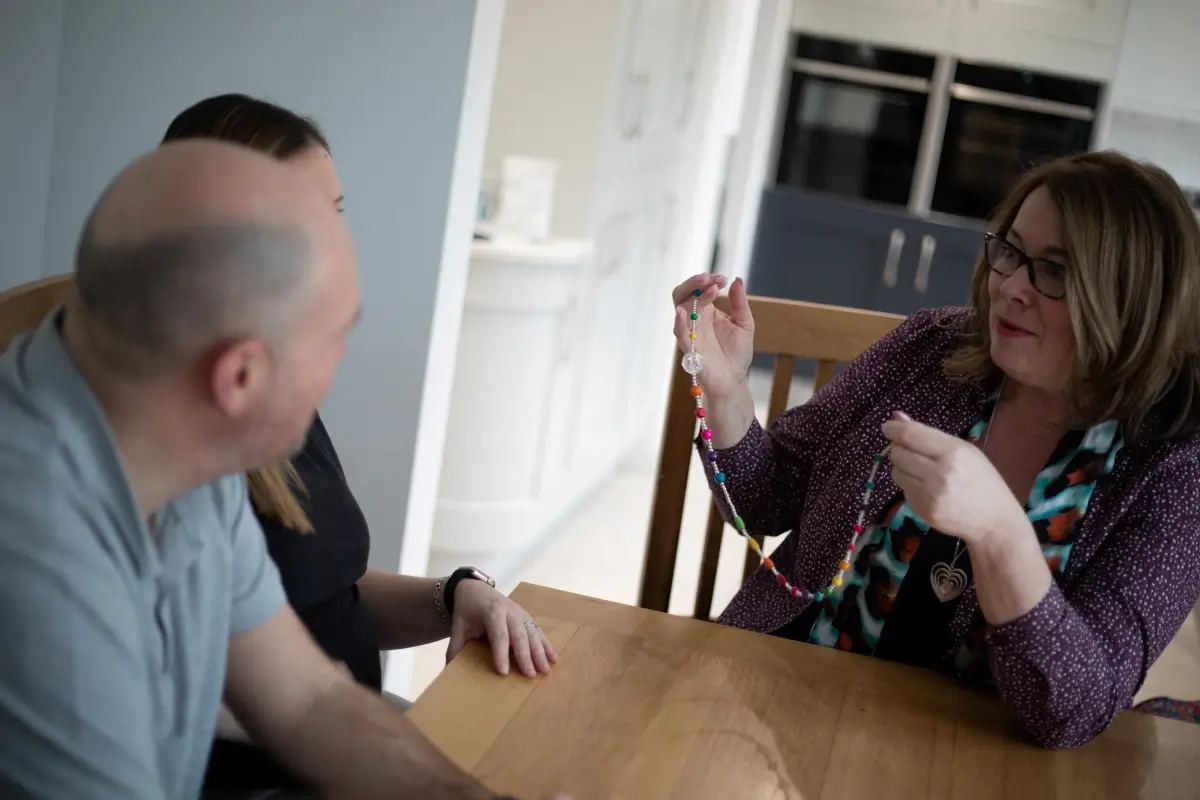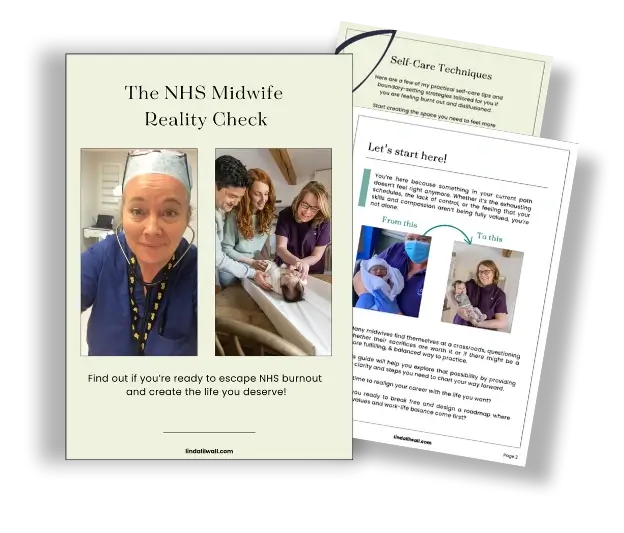In recent years, the landscape of maternity care has been undergoing significant scrutiny and transformation. The World Health Organization (WHO) has taken a definitive stance, advocating for a shift from fragmented, risk-oriented models to midwifery-led care. Their global position paper, Transitioning to Midwifery Models of Care, emphasises the need for equitable, person-centered, and high-quality care coordinated by midwives within multi disciplinary teams.
This call for change is particularly pertinent in the UK, where many women are expressing dissatisfaction with the current NHS-led maternity services. For instance, first-time mothers often face rushed appointments at local health centres, encountering different midwives at each visit, which hinders the development of trusting relationships and fails to address their concerns adequately. Similarly, women with previous traumatic birth experiences seek the reassurance of consistent support, desiring a familiar professional to guide them toward a more positive and healing birth experience.

The Decline of NHS Home Birth Teams and Continuity of Carer
The discontinuation of home birth teams in certain areas has significantly limited options for expectant mothers, particularly those in their late third trimester who had planned for a supported home birth. Many find themselves without professional assistance, forcing them to take matters into their own hands and consider freebirthing – not as a preferred choice, but as a last resort due to the lack of viable alternatives. Instead of rejecting medical care, these women are navigating a system that has removed their options, leaving them to adapt in ways that prioritise autonomy over necessity. It’s important to note that freebirthing is legal in the UK, and many who choose this path do so with extensive research and careful preparation, ensuring their safety and that of their baby. Some even arrange for a midwife to be on standby, either in another room or nearby, to provide assistance post-birth if needed.
The concept of Continuity of Carer (CoC) within the NHS aimed to provide consistent support throughout pregnancy, birth, and postnatal care. However, the implementation has been inconsistent. Although guidance was published to support CoC delivery at full scale, challenges in staffing and resources have hindered its widespread adoption. For many women, CoC remains an exception rather than the norm.
The Rise of Independent Midwives and Birth Workers
In response to these systemic challenges, many women are turning to independent midwives and other birth workers, such as doulas and birth keepers. Independent midwives provide personalised, consistent, and respectful care tailored to each woman’s unique needs. They walk shoulder-to-shoulder with clients, offering continuity and expertise that many find lacking in NHS services.
Birthkeepers, some of whom are former midwives who have deregistered from the Nursing and Midwifery Council (NMC), also play a critical role. While they do not perform clinical tasks, they bring extensive knowledge and emotional support to birthing women. Doulas, who provide non-clinical physical and emotional support, are another vital part of this network. However, ongoing debates about regulating doulas raise questions about whether standardisation could diminish the personalised nature of their care.
Independent Midwifery: A Growing Need
The demand for independent midwifery services underscores a growing desire for alternatives to NHS-led care. Testimonials from clients who have worked with me highlight the transformative impact of their support:
- “Having an independent midwife by my side changed everything. For the first time, I felt truly heard and supported.”
- “After a traumatic first birth, my independent midwife helped me heal and regain confidence. I couldn’t have done it without her.”
- “The continuity of care and personalised attention I received was nothing short of life-changing.”
Currently, there are approximately 150 independent midwives in the UK, a number that many believe is insufficient to meet the rising demand. As women increasingly seek out consistent and individualised care, the need for independent midwives continues to grow.
Midwifery As It Was Meant to Be
The need for independent midwives has never been greater. In a system struggling to provide consistent, individualised care, your skills and passion can make an immeasurable difference. You entered midwifery to empower women, to provide them with the care they deserve, and to be present during some of the most profound moments of their lives—not to be bound by time constraints, bureaucratic demands, or a system that often prioritises policies over people.
By stepping into independent midwifery, you reclaim your ability to midwife as you’ve always wanted to: with compassion, continuity, and a deeply personal connection to each client. You can offer the individualised care that transforms birth experiences, creates lasting trust, and supports women and families through some of their most vulnerable moments.
If you’ve ever felt restricted, burned out, or disheartened by the limitations of NHS practice, now is the time to explore a path that aligns with the values that drew you to this profession in the first place. Take my self-assessment quiz to discover if independent midwifery is the next step for you. This could be your opportunity to redefine your career, rediscover your passion, and provide care that truly makes a difference.

About Linda Lilwall
Linda Lilwall is an award-winning independent midwife with over 35 years of experience, dedicated to empowering women and families through personalised, compassionate care. After leaving the NHS to pursue her passion for woman-centred midwifery, Linda established her thriving independent practice, offering complete midwifery care packages, online birth preparation and newborn courses, individual consultations, complementary therapies, and birth trauma debriefing. She is also a trusted mentor, guiding midwives to transition into fulfilling, sustainable careers in independent practice. With a deep commitment to holistic care and professional excellence, Linda continues to inspire midwives and support families on their unique journeys.
Book a Discovery call with Linda if you are interested in becoming or developing as an Independent Midwife.
References
World Health Organisation- (2022). Transitioning to Midwifery Models of Care: A Global Position Paper.
NHS England. (2021). Implementing Better Births: Continuity of Carer.


0 Comments